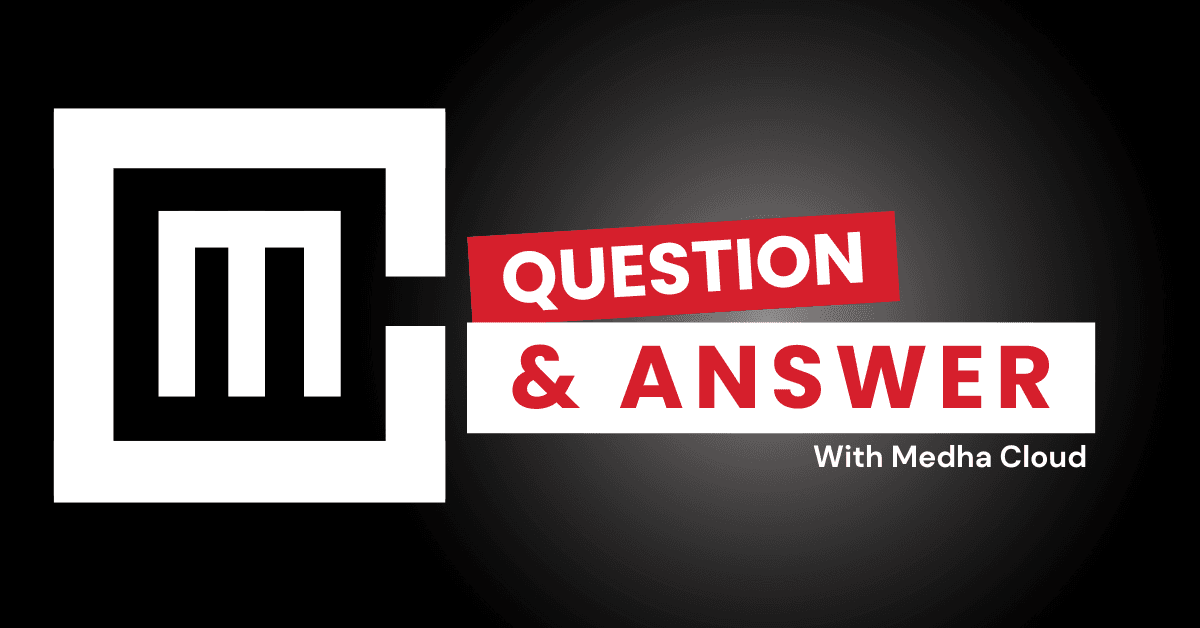How Do White-Label Providers Secure Linux Servers for MSPs?


White-label providers secure Linux servers for MSPs by implementing a combination of proactive monitoring, access control, regular updates, and security hardening techniques. These measures ensure server integrity, protect client data, and minimize vulnerabilities to cyberattacks. Below is a detailed overview of the methods used:
1. Access Control and Authentication
- Enforce strong password policies and multi-factor authentication (MFA).
- Restrict access using role-based access control (RBAC) and SSH key-based authentication.
- Monitor and log all access attempts to detect unauthorized activity.
2. Regular Software Updates and Patching
- Apply security patches promptly to address vulnerabilities in the Linux kernel, applications, and libraries.
- Automate updates using tools like Yum, APT, or configuration management tools like Ansible or Puppet.
3. Firewall and Network Security
- Configure firewalls using tools like iptables or firewalld to block unauthorized traffic.
- Limit open ports to essential services and set up intrusion detection/prevention systems (IDS/IPS).
4. Malware Detection and Removal
- Use tools like ClamAV, rkhunter, or chkrootkit to scan for malware and rootkits.
- Deploy real-time monitoring to detect and remove malicious files promptly.
5. System Hardening
- Disable unused services and ports to reduce the attack surface.
- Implement security-enhanced Linux (SELinux) or AppArmor to enforce access controls.
- Ensure file permissions and ownership are properly configured to protect sensitive files.
6. Data Encryption
- Encrypt sensitive data in transit using SSL/TLS certificates.
- Encrypt stored data with solutions like LUKS or dm-crypt for disk-level security.
7. Proactive Monitoring
- Monitor server logs and performance metrics using tools like Nagios, Zabbix, or Prometheus.
- Identify and mitigate potential threats through anomaly detection.
8. Backup and Disaster Recovery
- Implement regular backups to ensure data recovery in case of an attack or failure.
- Use tools like rsync, Bacula, or Restic to automate secure backups.
9. Compliance Management
- Ensure adherence to industry standards like GDPR, HIPAA, or PCI DSS by implementing required security protocols.
- Conduct regular audits to verify compliance and system integrity.
10. Security Awareness and Training
- Educate MSPs and their teams on best practices for Linux server security.
- Provide documentation on handling security incidents and maintaining compliance.
Why Partner with Medha Cloud for Linux Server Security?
Medha Cloud specializes in securing Linux servers for MSPs through advanced tools, expert knowledge, and proactive measures. From firewalls to compliance, Medha Cloud ensures your servers remain safe, secure, and reliable.
Secure Your Servers with Medha Cloud
Ready to fortify your Linux servers? Medha Cloud provides tailored white-label Linux server security solutions for MSPs.
Topics

Bhargav T
Microsoft 365 Support Lead • 5+ years
Bhargav leads the Microsoft 365 support team at Medha Cloud, managing subscription inquiries and technical support for enterprise clients. His expertise in M365 licensing and help desk operations ensures rapid issue resolution for customers.